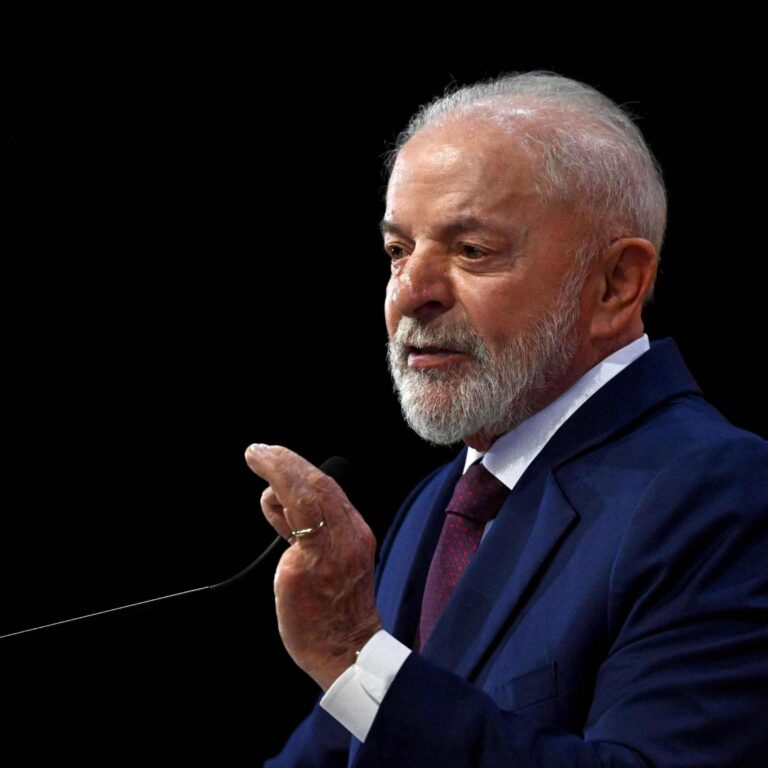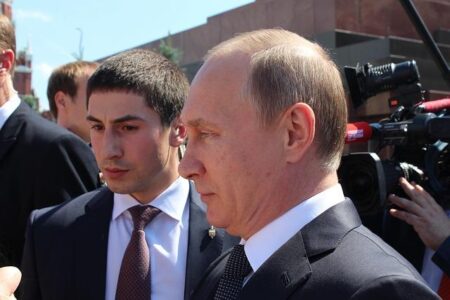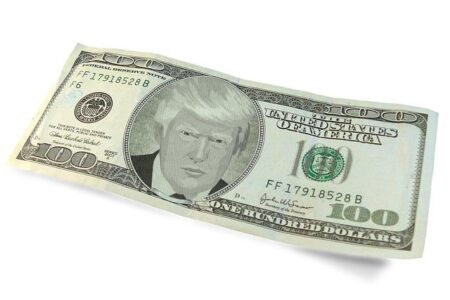In a recent phone conversation, Brazilian President Luiz Inácio Lula da Silva and Russian President Vladimir Putin engaged in discussions aimed at deepening bilateral relations between Brazil and Russia. The dialogue, highlighted by significant talks on economic cooperation and strategic partnerships, underscores both nations’ intent to strengthen ties amid shifting global dynamics. The call, reported by Bloomberg.com, marks a notable development in Brazil-Russia diplomacy as the two leaders explore avenues for enhanced collaboration on multiple fronts.
Lula and Putin Explore Expanded Economic Cooperation During Strategic Phone Talks
During a recent high-level phone conversation, Brazilian President Luiz Inácio Lula da Silva and Russian President Vladimir Putin delved into avenues for boosting bilateral economic relations. Both leaders expressed mutual interest in enhancing trade, technology exchange, and energy partnerships, highlighting the importance of resilient strategic cooperation amid shifting global dynamics. Emphasis was placed on developing infrastructure projects, expanding agricultural exports, and increasing collaboration in clean energy sectors, indicating a broad agenda aimed at mutual growth and regional stability.
The discussion also addressed potential joint ventures in key industries, intending to leverage each nation’s strengths for shared benefits. Key points from the talks included:
- Energy Cooperation: Expanding oil and natural gas projects alongside renewable energy initiatives.
- Trade Facilitation: Simplifying customs procedures and enhancing logistics networks.
- Technology Exchange: Collaboration in aerospace, defense, and digital infrastructure.
| Sector | Focus Areas | Potential Impact |
|---|---|---|
| Energy | Oil, Gas, Renewables | Increased supply security and investment |
| Agriculture | Export Expansion, Technology | Higher trade volumes and innovation |
| Technology | Aerospace, Digital Infrastructure | Strengthened innovation capabilities |
Analyzing the Potential Impact of Brazil-Russia Collaboration on Global Trade Dynamics
The recent dialogue between Brazil’s President Lula and Russian President Putin signals a strategic pivot that could reshape international commerce and geopolitical alliances. As both nations explore deeper economic cooperation, their combined influence could alter supply chain dynamics, particularly in sectors like energy, agriculture, and technology. Brazil, rich in natural resources and agricultural capacity, paired with Russia’s energy exports and technological expertise, presents a formidable partnership poised to challenge existing trade blocs and create alternative market flows beyond traditional Western dominance.
Potential outcomes of this alliance include:
- Diversification of export markets for Brazil’s commodities, reducing dependency on North American and European buyers.
- Joint ventures in infrastructure and digital technology, leveraging Russia’s technical capabilities and Brazil’s emerging market potential.
- Enhanced political leverage in global forums such as BRICS and the World Trade Organization, promoting multipolar trade policies.
| Sector | Brazil’s Strength | Russia’s Contribution |
|---|---|---|
| Agriculture | Leading exporter of soy, coffee | Advanced agrotechnology and storage |
| Energy | Biofuels and hydroelectric power | Oil and natural gas supply |
| Technology | Growing digital startups | Military and space tech expertise |
Recommendations for Enhancing Bilateral Partnerships in Energy and Technology Sectors
Strengthening collaboration between Brazil and Russia in the energy and technology sectors hinges on targeted initiatives that promote knowledge exchange and joint innovation. Prioritizing the development of shared research facilities and co-funded startup incubators can accelerate breakthroughs in renewable energy sources, nuclear technologies, and digital infrastructure. Additionally, streamlining regulatory frameworks to facilitate smoother cross-border investments will enable public and private stakeholders to capitalize on emerging market opportunities more efficiently. Encouraging exchange programs for engineers, scientists, and policy advisors will also foster a more integrated approach to overcoming technical and geopolitical challenges.
To ensure tangible progress, both nations should focus on the following strategic areas:
- Joint ventures in clean energy projects targeting hydroelectric and biofuels innovations.
- Implementation of smart grid technologies to enhance energy distribution and sustainability across regions.
- Collaborative cybersecurity protocols to protect critical energy infrastructure.
- Leveraging AI and machine learning for optimizing energy consumption and predictive maintenance.
| Focus Area | Brazil’s Strength | Russia’s Strength |
|---|---|---|
| Renewable Energy | Biomass and Hydropower Capacity | Advanced Wind and Solar Tech |
| Nuclear Technology | Emerging Nuclear Programs | Proven Reactor Designs & Exports |
| Focus Area | Brazil’s Strength | Russia’s Strength |
| Renewable Energy | Biomass and Hydropower Capacity | Advanced Wind and Solar Tech |
| Nuclear Technology | Emerging Nuclear Programs | Proven Reactor Designs & Exports |
| Digital Infrastructure | Growing Tech Startup Ecosystem | Robust Cybersecurity Frameworks |
| Energy Efficiency | Innovations in Biofuels | AI-driven Predictive Maintenance |
Conclusion
Developing a strategic partnership that leverages Brazil’s natural resources and emerging technologies together with Russia’s technical expertise and industrial capacity can yield significant advances in sustainability and energy security. A collaborative approach not only broadens market access but also strengthens resilience against geopolitical risks. Establishing clear communication channels and mutual trust will be key to unlocking the full potential of these synergistic initiatives.
If you’d like, I can also help generate more specific project ideas, draft policy recommendations, or summarize the benefits of this collaboration in other formats. Just let me know!
Final Thoughts
As Brazil and Russia continue to navigate a complex global landscape, the recent dialogue between President Lula and President Putin underscores a mutual commitment to deepening bilateral relations. While both leaders emphasized cooperation across economic, political, and strategic domains, observers will be watching closely to see how these discussions translate into concrete actions amid evolving international dynamics. The outcomes of this engagement may well shape the trajectory of Brazil-Russia ties in the months ahead.




